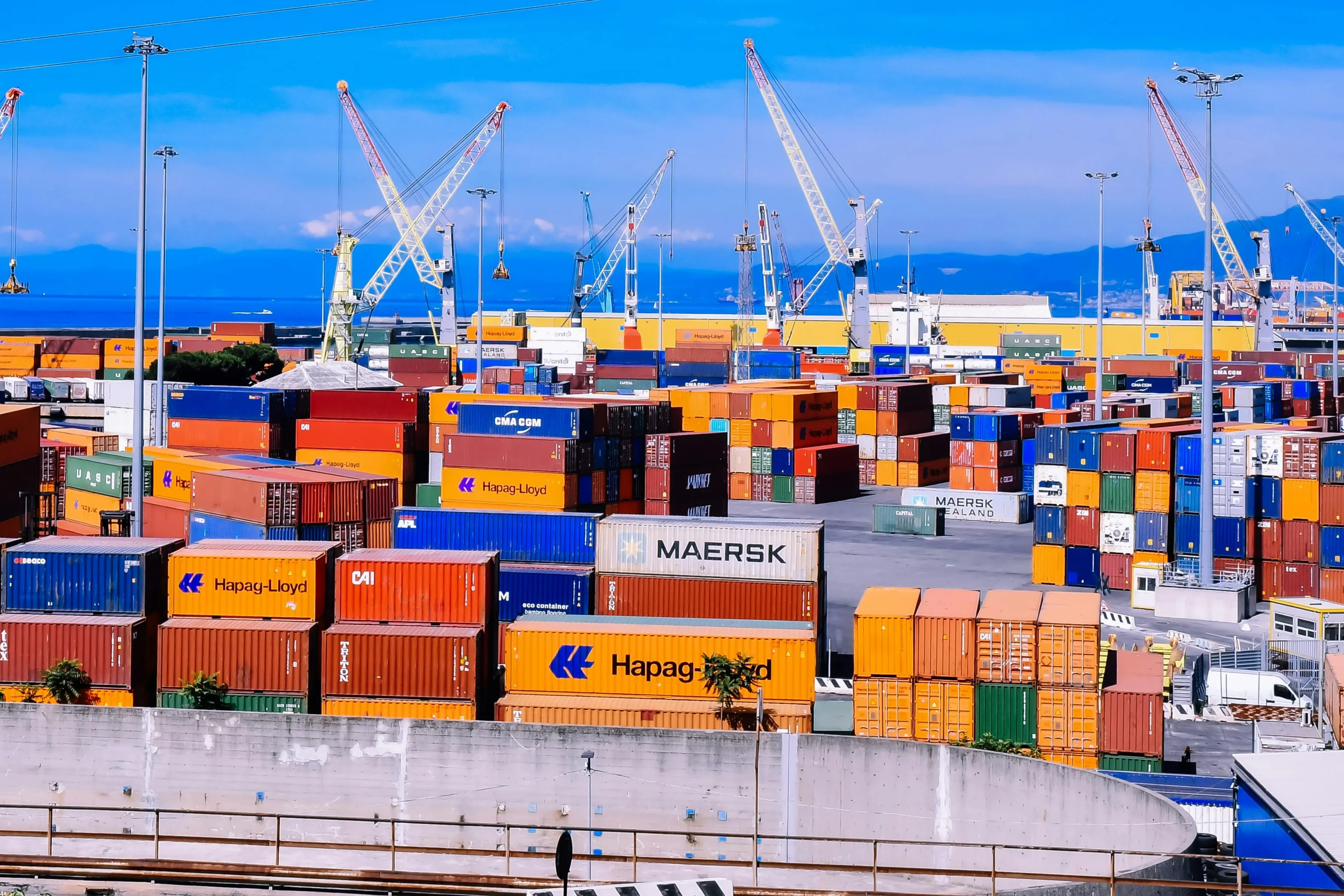The Critical Role of Reefer Containers in Maintaining Fresh Fruit Quality

The Challenge of Global Fresh Produce Trade: The Race Against Time
Sourcing fresh, high-quality tropical fruits like mangosteens, avocados, and bananas from Indonesia offers a significant market advantage. However, transporting these perishable goods across oceans presents a major logistical challenge: how do you ensure a fruit harvested in a tropical climate arrives in a European or American supermarket weeks later in perfect, ready-to-sell condition? The answer lies in a remarkable piece of technology: the refrigerated container, or "reefer."
Understanding the function and importance of reefer containers is not just a logistical detail; it is the very foundation of the modern fresh produce trade. This guide explains why a meticulously managed cold chain, centered around the reefer container, is non-negotiable for quality.
What is a Reefer Container? More Than Just a Cold Box
A reefer container is a specialized intermodal container equipped with its own refrigeration unit. Unlike a simple insulated box, a reefer is an active, intelligent system designed to maintain a precise internal environment throughout its journey. Key features include:
- Precise Temperature Control: The refrigeration unit can be set to maintain a specific temperature, often with a tolerance of just +/- 0.5°C. This is critical because different fruits have different optimal transport temperatures.
- Ventilation and Air Circulation: Fresh produce is alive; it breathes (respires). Reefers are equipped with systems to control fresh air exchange, venting out gases like ethylene and CO2 that can accelerate ripening and spoilage, while circulating cool air uniformly.
- Humidity Control: Some advanced reefers can also control humidity levels, preventing fruits from drying out or becoming too moist, which can encourage mold growth.
The Science of the Cold Chain: Halting the Ripening Process
The primary purpose of the cold chain is to put the fruit into a state of "suspended animation." By lowering the temperature to a precise level, we drastically slow down the fruit's natural respiration and ripening processes. This has several key benefits:
- Extended Shelf Life: It effectively "pauses the clock," giving the fruit weeks of additional life, which is essential for long sea voyages.
- Preservation of Quality: It maintains the fruit's firmness, texture, flavor, and nutritional content. A banana shipped at 13.5°C will arrive green and firm, whereas one shipped at 20°C would arrive brown and mushy.
- Prevention of Spoilage: The cold environment inhibits the growth of bacteria, yeast, and mold that cause decay.
Why a Single Temperature Doesn't Fit All
Every fruit has its own unique "happy place" when it comes to temperature. Shipping at the wrong temperature can be disastrous.
- Chilling Injury: Shipping tropical fruits at too low a temperature can cause "chilling injury," resulting in skin discoloration, pitting, and a failure to ripen properly. For example, bananas will turn black if shipped below 12°C.
- Accelerated Ripening: Shipping at too high a temperature will cause the fruit to ripen and decay prematurely.
This is why working with an experienced exporter is vital. We know the precise optimal temperature for each commodity we ship—be it 13°C for Cavendish bananas or 5°C for avocados.
Our Commitment to an Unbroken Cold Chain
At PT Sinar Sunda Nusantara, the cold chain begins لحظة our products are packed. The process is seamless:
- Pre-Cooling: Harvested fruits are brought to our packing house and pre-cooled to the target shipping temperature. Loading warm fruit into a reefer is a common mistake that compromises the entire shipment.
- Container Inspection: We ensure every reefer container is clean, fully operational, and calibrated correctly before loading.
- Loading and Sealing: The pre-cooled fruit is loaded efficiently to ensure proper airflow, and the container is sealed.
- Continuous Monitoring: The reefer's power unit runs continuously at the port and aboard the vessel, with its temperature and ventilation data logged throughout the journey.
By guaranteeing an unbroken cold chain, we are not just shipping a product; we are delivering on our promise of freshness and quality. This meticulous management is what allows you to receive Indonesian tropical fruits in peak condition, ready for your market.
Learn more about our logistics capabilities. Contact our team to discuss how we can safely and reliably deliver fresh produce to your port.